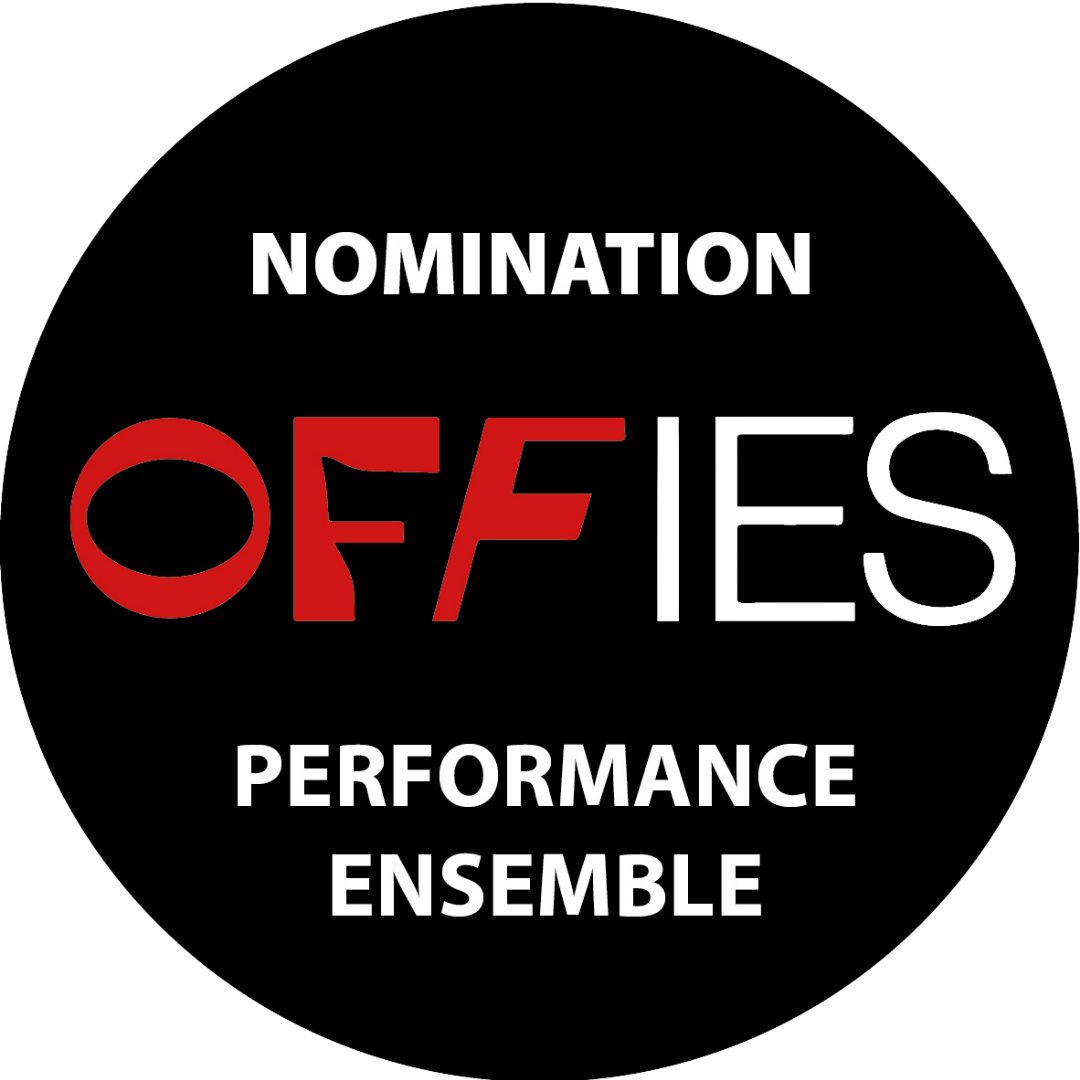
Coming to The Bread & Roses Theatre this September is TALK, a new play by Rhys Deans. Inspired by real-life experiences and the need for open conversation, “Talk” features three friends who gather at a local pub. As the night unfolds, they gradually open up to each other, revealing their personal battles with mental health. The play explores the struggles, triumphs, and the ultimate power of friendship to heal and support one another during challenging times. We spoke with creator Rhys Deans and actor Christopher Maxwell about the making and performing the show!
What were some of the biggest challenges you faced while writing and directing “Talk”?
Rhys: I had written this play as a way of coping with nearly losing friends and a loved one who all suffered with mental health issues and suicide. Fortunately, those people are still around and going strong each day. I never thought of “Talk” as a challenge. As a writer because it was therapy for me and a way for me to write how I felt at the time.
In terms of directing, it was a challenge for me on how it should be portrayed. It needed to be authentic and real. It should never be over the top, ludicrous or bizarre. It’s a simple story of three friends, in a pub, and they open up to one another. The actors worked so hard and shared their views and ideas to make it better. When we are in the rehearsal space, we are one team and in this together and for each other.
I wouldn’t say I had any challenges because, fortunately, everything had fallen into place.
How did you prepare for your role in “Talk” and connect with your characters' mental health struggles?
Christopher: For 'Dennis', I found I empathised with a lot of his behaviour and language, having struggled with my own mental health issues of catastrophizing and feelings of hopelessness. I've gone through phases in my life of feeling isolated and alone, and I would internalise that as a fault in myself. This in turn would make me want to be alone and I would become locked in this cycle. I brought a lot of these personal feelings to my preparation and helped me build a connection with Dennis.
The play focuses on the friendship between the three characters. How did you build chemistry and trust among yourselves as actors?
Christopher: I've previously worked on this play as an assistant director and understudy, and was able to work closely with the actors and with Rhys who was directing production. During this time, we bonded over our discussions of mental health and our personal hobbies and interests. For this run; with Lewis reprising his role and Rhys taking on the role of John, I felt like I was reuniting with friends as opposed to joining a new troupe. I feel this has massively improved our chemistry and collaboration.
Rhys: I had written this play as a way of coping with nearly losing friends and a loved one who all suffered with mental health issues and suicide. Fortunately, those people are still around and going strong each day. I never thought of “Talk” as a challenge. As a writer because it was therapy for me and a way for me to write how I felt at the time.
In terms of directing, it was a challenge for me on how it should be portrayed. It needed to be authentic and real. It should never be over the top, ludicrous or bizarre. It’s a simple story of three friends, in a pub, and they open up to one another. The actors worked so hard and shared their views and ideas to make it better. When we are in the rehearsal space, we are one team and in this together and for each other.
I wouldn’t say I had any challenges because, fortunately, everything had fallen into place.
How did you prepare for your role in “Talk” and connect with your characters' mental health struggles?
Christopher: For 'Dennis', I found I empathised with a lot of his behaviour and language, having struggled with my own mental health issues of catastrophizing and feelings of hopelessness. I've gone through phases in my life of feeling isolated and alone, and I would internalise that as a fault in myself. This in turn would make me want to be alone and I would become locked in this cycle. I brought a lot of these personal feelings to my preparation and helped me build a connection with Dennis.
The play focuses on the friendship between the three characters. How did you build chemistry and trust among yourselves as actors?
Christopher: I've previously worked on this play as an assistant director and understudy, and was able to work closely with the actors and with Rhys who was directing production. During this time, we bonded over our discussions of mental health and our personal hobbies and interests. For this run; with Lewis reprising his role and Rhys taking on the role of John, I felt like I was reuniting with friends as opposed to joining a new troupe. I feel this has massively improved our chemistry and collaboration.














 RSS Feed
RSS Feed













